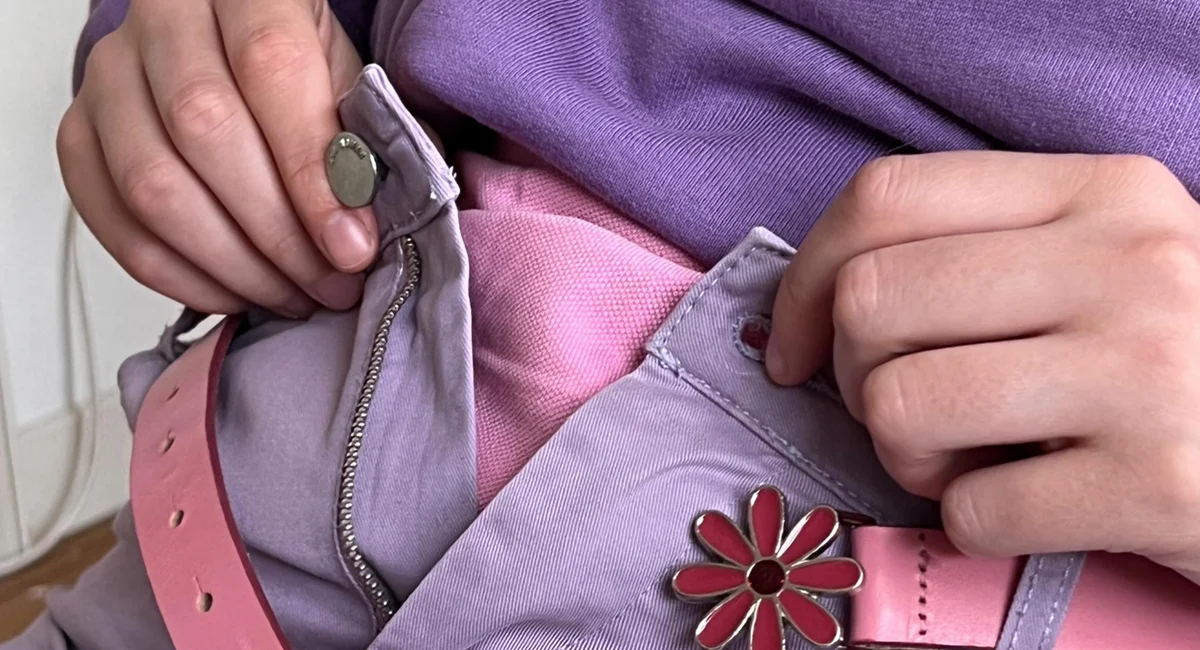
- Ontvang een gratis cadeau bij bestellingen vanaf €30
- Klanten beoordelen ons gemiddeld met een 4,6 / 5 (882 beoordelingen)

Premenstrual syndrome, better known as PMS, is a condition that affects many women in the period leading up to their periods. But what exactly is PMS? Many people ask this question, especially since the symptoms and severity of PMS can vary greatly from person to person. In this blog, we will tell you more about what PMS is, what the possible causes are, who is most affected by it and how you can reduce the symptoms.
What is PMS? Premenstrual syndrome (PMS) causes psychological and physical symptoms. These symptoms vary from person to person. Some people suffer from PMS and others do not. And some have a few annoying symptoms and in others PMS causes a disruption in daily functioning. The symptoms often start in the third week of the cycle and disappear again when you get your period.
PMS can cause a wide range of symptoms, both physical and mental. Common symptoms include:
The severity of these symptoms can vary. Some women experience only mild discomfort, while others have severe symptoms that affect their daily lives.
The exact cause has not been proven to date, but there are strong suspicions that hormones play a role in this. Most women experience symptoms the week before their period starts, but this can even start two weeks before the new period! So it’s not weird at all, just annoying or even debilitating for some.
Hormones such as estrogen and progesterone fluctuate during the menstrual cycle and can affect brain chemistry, leading to the various symptoms of PMS. Other factors such as stress and lifestyle can also contribute to the severity of symptoms.
Symptoms often begin after age 30 and after having children. In younger women, PMS is less common. It is estimated that about 4% of women between the ages of 15 and 45 suffer from symptoms. This means that although PMS is fairly common, not all women are equally affected.
PMS, unfortunately, cannot be prevented. However, there are ways to reduce your symptoms. Here are some tips that may help:
Do you have any questions about PMS? Or other topics about menstruation? Feel free to contact us!
Get the latest news on menstrual freedom straight to your inbox!
HQ Beppy, Netherlands
Signalman 1-3
3034 KH Rotterdam
[email protected]
+31 (0)10 467 65 73 (9.00 – 17.00)
Chamber of Commerce: 24123466
Beppy, Belgium
9A Countess Elisabethlaan, P.O. Box 77
2320 Hoogstraten
[email protected]
+32 (0)78 158 349 (9.00 – 17.00)





